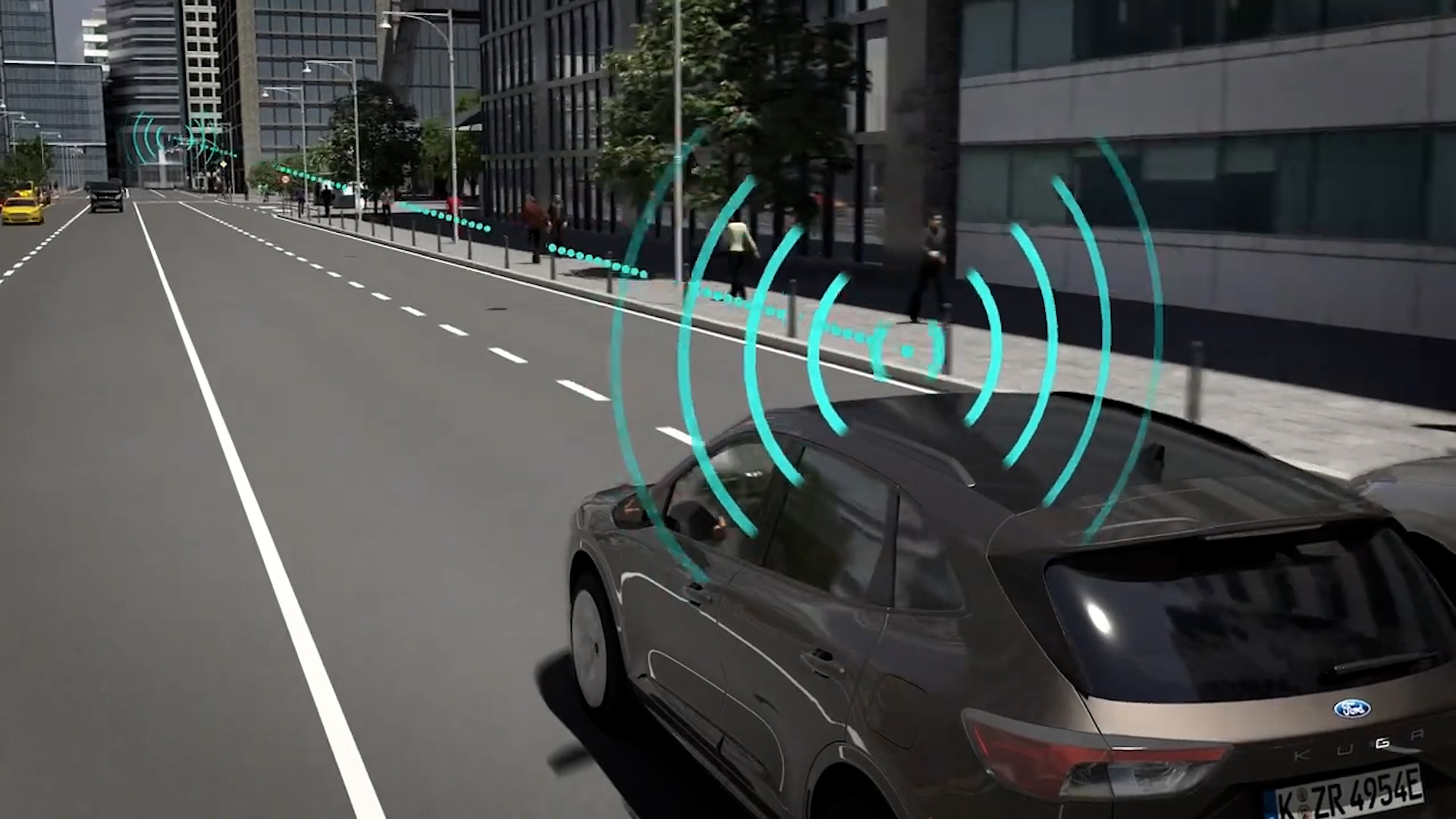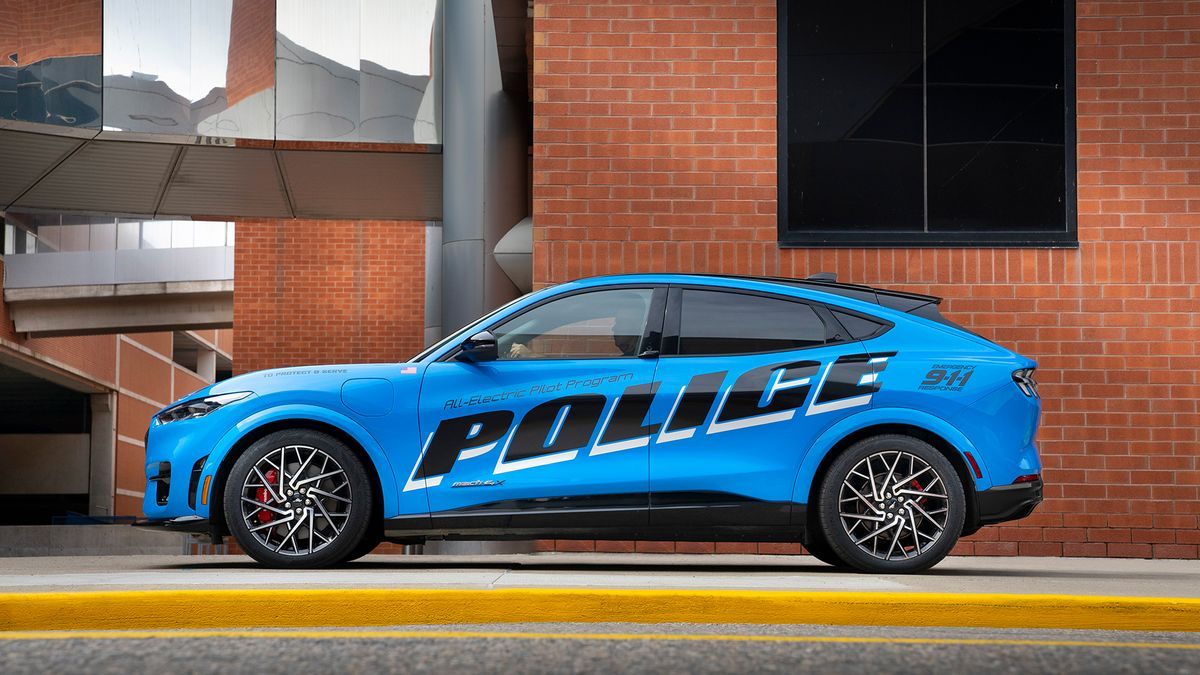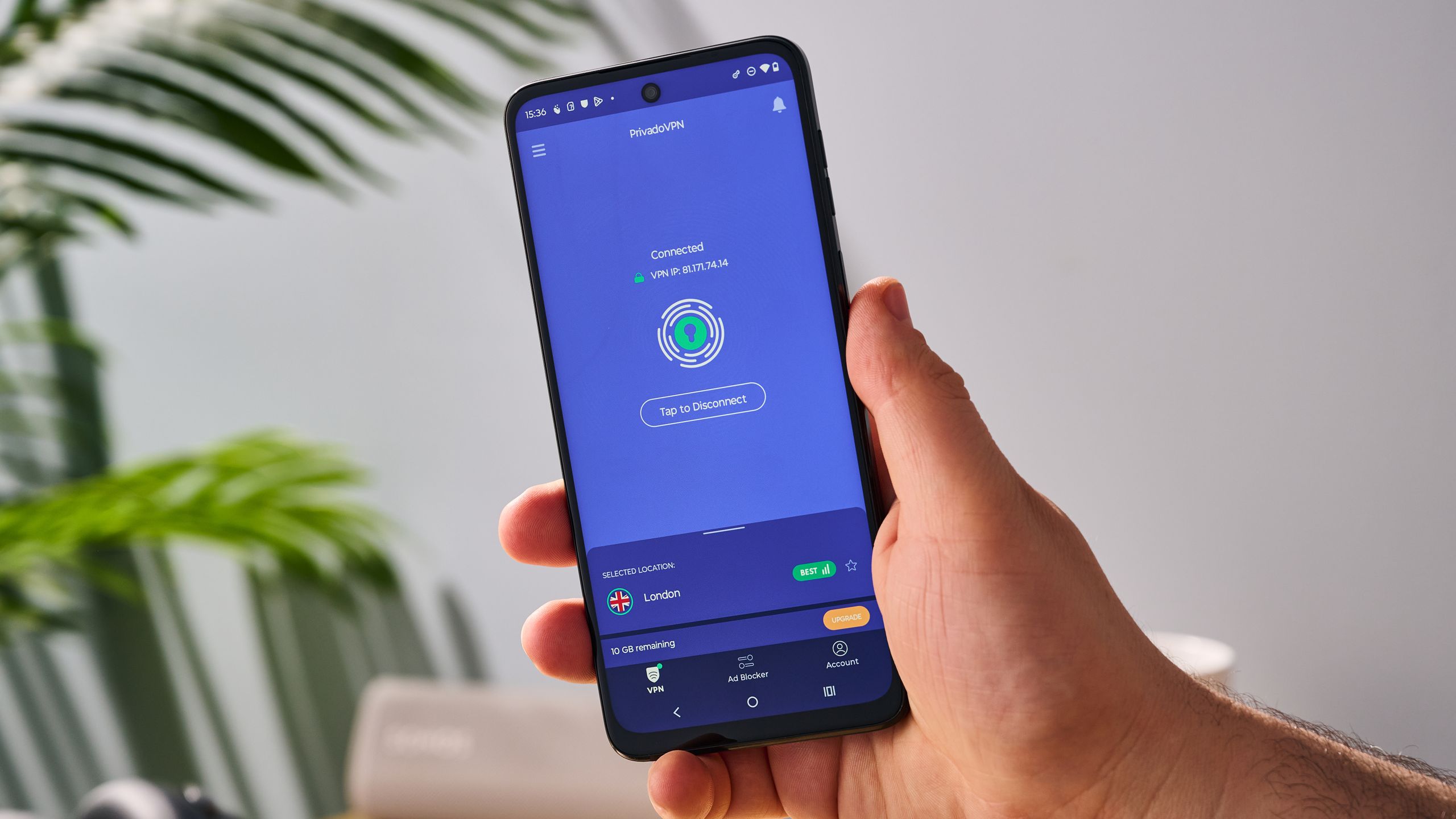A recent patent application filed by Ford, titled “Systems and methods for detecting speeding violations,” appears to show that the company is looking into a way to automatically flag drivers who exceed the speed limit.
According to the United States Patent and Trademark Office (USPTO), the filing discusses ways Ford can use its vehicles and onboard camera and sensor technology to first detect a driver who is exceeding the speed limit and then report it to authorities.
A series of basic sketches and flowcharts show how Ford's technology can detect when another driver is driving above the speed limit, then activate the camera and capture images before passing the information to nearby “chase vehicles” or logging it on a server.
The patent states that the offending vehicle's speed, GPS location data and clear images or videos can be captured and sent to the relevant authorities, who can then decide to launch a pursuit.
However, Ford does not make clear in the patent filing whether this possible future technology is intended solely for its specially adapted police patrol cars or whether it could be installed in passenger vehicles or even autonomous taxis.
In fact, Ford might not develop this technology at all, and even if it did, it might as well back off before it goes into production.
This is probably a good thing, as the brand proposes that Ford owners essentially become a fleet of snitches for local police.
Big Brother is watching you

The modern motorist is now under increased scrutiny for speeding and other traffic violations thanks to the rise of camera technology, sensor performance, and even artificial intelligence.
Nowadays it is almost impossible to run a red light, speed on a road under construction, drive in a bus lane or accidentally block an intersection without being caught and fined.
What's more, the introduction of state-of-the-art traffic cameras with artificial intelligence can now detect when drivers are using a mobile phone while behind the wheel, not wearing a seatbelt or performing some other “distracting” task.
It's highly unlikely that Ford's recent patent will ever see the light of day, but it does little to dispel the general feeling that surveillance of all kinds is spiraling out of control.
Motorists are already perturbed by the amount of driving data being exchanged between carmakers and insurance brokers, or by how software-defined vehicles are busy tracking their every move.
In Europe, it is now mandatory for all new cars sold to be equipped with intelligent speed assist features, which automatically slow the car down to the legal road limit or pressure the driver to slow down with increasingly irritating acoustics and haptics.
Soon, every new car will be so annoying that there will be no need to have sneaky Fords on the road.









